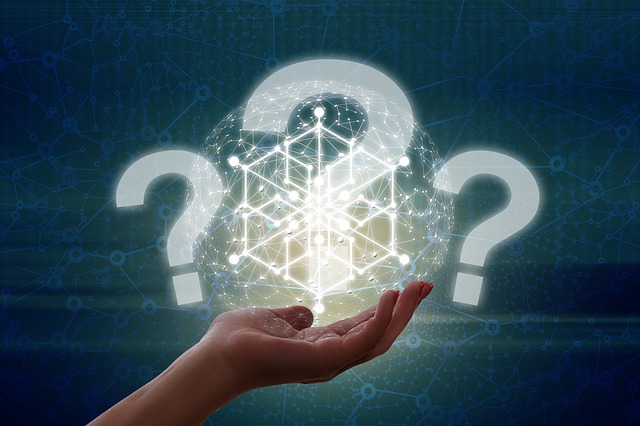
Inclusive education has been the focus of the policy makers now a day after a long neglect of years. Inclusion of people with disabilities into the mainstream society is a much neglected issue in a country like India where a large percentage of children (about 10%) are born with birth defects. These children with disabilities have to face enormous challenges in their lives to get a formal education. The percentage of people who are successful in integrating themselves with the activities of mainstream life is very less as compared to the total number of such people. Children with physical and mental disabilities (like autism, cerebral palsy, hearing and visual impairments,) have to face enormous challenges in their life to get formal education. The attitude of the mainstream schools towards the inclusion of students with disabilities is extremely disappointing. According to the Persons with Disabilities (PWD) Act, every child with a disability has equal right to free education in an appropriate environment till he attains the age of 18. But how many schools in our country are actually aware of the Act? Very few, it seems. The parents of these children have to face rejection at each and every stage of their endeavor. Few of the lucky out of these reach to higher education level and because of their innate potentials they shine bright sometimes. But, does the university system equip with the system to support these students. Do university teachers have any sort of orientation programme for identifying, recognizing CWD student and their special needs, the special provision provided to them.
More at: https://www.ijirmf.com/wp-content/uploads/2017/04/201704035.pdf
